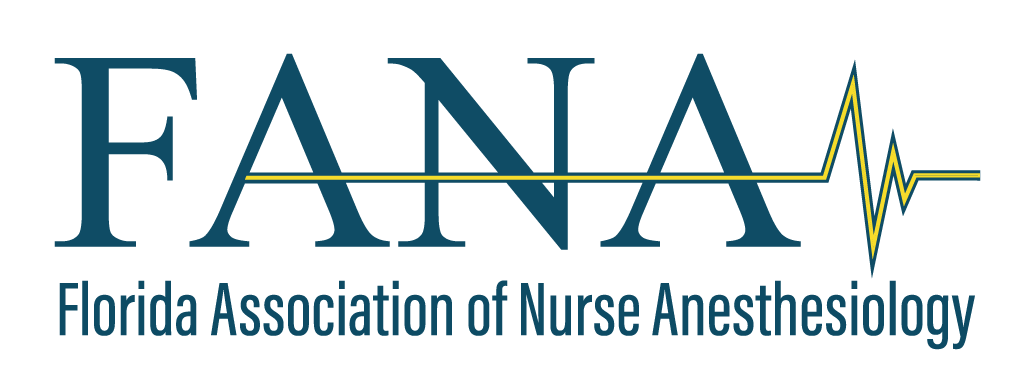Michelle Canale: Make a difference for patients — consider the rewarding career path of a CRNA
What a privilege it is to take someone’s pain away and ensure that they are safe in one of the most vulnerable situations of their life.
During these waning days of Summer, as students head back to school or college, many of them are thinking about their future path in life, and how they can find a rewarding career where they can make a difference in the world.
For those students, and their parents and advisers, I would like to make the case for considering a career as a Certified Registered Nurse Anesthetist (CRNA).
As a longtime practicing CRNA and someone actively involved in teaching those who are preparing to enter the profession, I know that this career path is one where you can make a positive impact on the lives of others and have a personally fulfilling job experience. In fact, statistics back this up: job satisfaction among CRNAs is high, year after year.
CRNAs are among the most versatile advanced practice nurses. In addition to being highly trained specialists in delivering anesthesia to patients undergoing surgery, they are skilled in emergency intubation, ventilator management, central intravenous line placements and pain management for surgical and maternity patients. During the COVID-19 pandemic, when hospital nursing staff were stretched thin, CRNAs were able to apply their versatile skills to help intensive care and critical care units meet the needs of patients.
Being certified as a CRNA allows you to practice in a wide variety of settings. CRNAs are the primary providers of anesthesia care to U.S. military personnel on the front lines and play an essential staffing role in many rural hospitals.
Although Florida law requires a CRNA to be supervised by a physician, in more than half the states there is no such requirement and CRNAs can practice independently to the full scope of their expertise.
The National Academy of Medicine, in its Future of Nursing 2020-2030 study, recommended that all states allow advanced practice nurses to practice to the full extent of their training.
For those who like the idea of a career that is portable, it is worth noting that CRNAs are 100 percent board certified — a national certification that they can take with them anywhere in the country. And for people who would like a health care career in which there is room to grow, the CRNA path checks that box also.
We see more CRNAs heading the anesthesia departments in hospitals, holding leadership positions in professional organizations and the military, and even serving in public office.
One recent example is the newly appointed Director of the Navy Nurse Corps, CRNA Captain Robert J. Hawkins.
While the CRNA career path has many compelling advantages, for me the most gratifying part of the job is that we remain with the patient through their entire procedure. There is nothing better than holding someone’s hand as they go into surgery and assuring them that you will be there when they wake up. You can see the worry drift from their faces.
What a privilege it is to take someone’s pain away and ensure that they are safe in one of the most vulnerable situations of their life.
The road to becoming a CRNA is long and challenging, with years of education, residencies, and hands-on experience.
But if you are looking for a profession where you can make a difference in people’s lives and love what you do, I encourage you to consider joining us.
___
Dr. Michelle Canale, DNP, CRNA, APRN, FAANA is the Nurse Anesthesia Program Director and Assistant Dean at the University of South Florida College of Nursing. She is president of the Florida Association of Nurse Anesthesiology.




